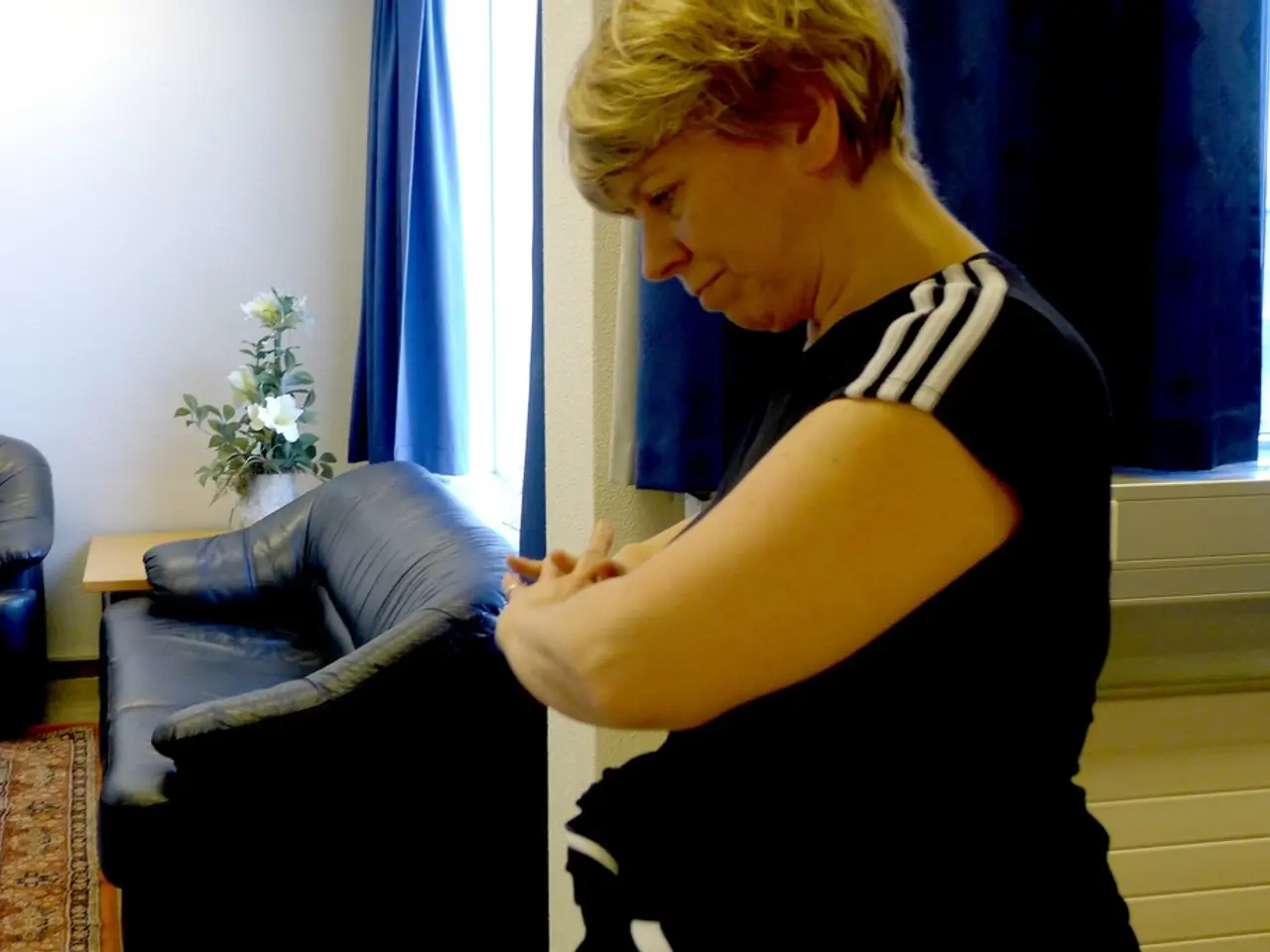Monday Triggers Higher Stress Levels: Amplifies Tension
Anxiety on Mondays Linked to Long-term Cardiovascular Risks
A new study led by Tarani Chandola of the University of Hong Kong (HKU) has found a significant association between anxiety on Mondays and increased long-term cardiovascular risks.
The research, published in the journal Scientific Reports, reveals that older adults who report anxiety specifically on Mondays have 23% higher long-term cortisol levels, compared to those anxious on other days. This elevated stress hormone level, measurable up to two months later, suggests dysregulation of the hypothalamic-pituitary-adrenal (HPA) axis, a key stress response system.
The HPA axis regulates stress hormones, such as cortisol, which can contribute to hypertension, insulin resistance, and immune system dysfunction if they're chronically elevated. This chronic stress hormone elevation poses long-term cardiovascular risks.
The study also found that Mondays are associated with a 19% increase in heart attack incidence compared to other days, indicating an acute physiological impact likely connected to this stress response. Importantly, this "Monday effect" on stress and heart risk is observed not only in workers but also retirees, showing that it is tied to the cultural and psychological significance of Mondays rather than work-related pressures alone.
To combat these long-term cardiovascular risks from Monday anxiety, the researchers suggest several interventions:
- Stress management techniques: Regular practice of relaxation methods such as mindfulness meditation, deep breathing exercises, and progressive muscle relaxation can help modulate stress hormone levels.
- Cognitive-behavioral strategies: Addressing negative associations with Mondays via cognitive-behavioral therapy to reduce anticipatory anxiety and alter stress perception.
- Lifestyle adjustments: Improving sleep quality, physical exercise, and balanced nutrition to strengthen cardiovascular resilience and lower baseline stress.
- Workweek restructuring: Introducing gradual transitions, flexible scheduling, or other workplace strategies that reduce abrupt shifts into stressful Mondays may alleviate anxiety triggers.
- Social support and engagement: Encouraging connection with peers or social activities on Mondays might reduce perceived stress and buffer physiological responses.
Since the biological imprint of Monday anxiety lasts weeks to months, sustained and early interventions targeting the psychological and physiological stress response could mitigate cumulative cardiovascular risk.
In addition, the researchers suggest that meditating on Sunday evening can help reduce stress and support cardiovascular health. By taking proactive steps to manage stress and promote relaxation, individuals can potentially reduce the long-term cardiovascular risks associated with anxiety on Mondays.
- This study on Monday anxiety reveals that older adults have 23% higher long-term cortisol levels when anxious on Mondays, which may lead to health-and-wellness issues related to mental-health, such as dysregulation of the hypothalamic-pituitary-adrenal (HPA) axis.
- The increased cortisol levels, associated with anxiety on Mondays, can contribute to various medical-conditions, including hypertension, insulin resistance, and immune system dysfunction, posing long-term cardiovascular-health risks.
- To mitigate the long-term cardiovascular risks due to Monday anxiety, the researchers recommend stress management techniques, cognitive-behavioral strategies, lifestyle adjustments, workweek restructuring, social support, and meditating on Sunday evenings.




